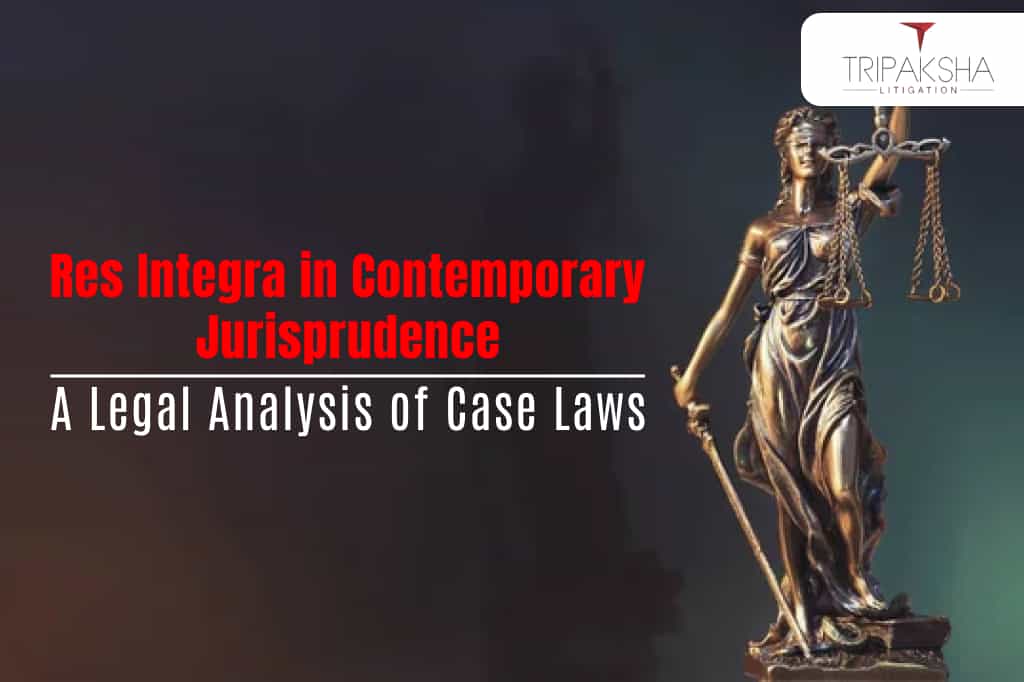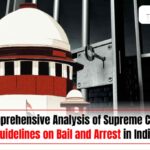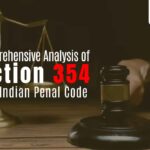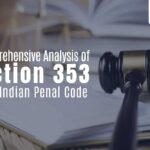Abstract:
This article explores the legal concept of “res integra” and its practical application in recent case law. “Res integra” refers to legal issues that remain unresolved or untouched by precedent, affording judges the discretion to decide based solely on legal principles. Through an analysis of pertinent case law, including Rajendra Kumar Sharma vs. the State of Chhattisgarh & Others, Prem Chand And Ors. vs. Union of India and Ors., and Ghulam Qadir Badder & Anr vs. the State Of J&K; And Anr., this article examines the evolving understanding and application of “res integra” in contemporary legal practice.
Introduction:
The legal landscape is often characterized by a delicate interplay between established precedent and emerging legal issues. Within this context, the concept of “res integra” holds particular significance. This introductory section provides an overview of “res integra” and its relevance in contemporary jurisprudence. It delineates the aims and structure of the article, setting the stage for a comprehensive exploration of the topic.
Understanding “Res Integra”: To comprehend the implications of “res integra,” it is essential to first define the term and delineate its scope within legal discourse. This section delves into the nuanced definition of “res integra,” highlighting its significance in areas where authoritative precedent is absent or inconclusive. Furthermore, it elucidates the broader legal implications of “res integra,” emphasizing its role in facilitating judicial discretion and the development of new legal precedents.
Application in Recent Case Law: Drawing on recent case law, this section analyzes the practical application of “res integra” in contemporary legal practice. Through a detailed examination of key cases, including Rajendra Kumar Sharma vs. the State of Chhattisgarh & Others, Prem Chand And Ors. vs. Union of India and Ors., and Ghulam Qadir Badder & Anr vs. the State Of J&K; And Anr., it elucidates the evolving understanding and application of “res integra.”
Rajendra Kumar Sharma vs. the State of Chhattisgarh & Others: This subsection scrutinizes the Chattisgarh High Court’s ruling in the case of Rajendra Kumar Sharma, particularly focusing on the court’s determination regarding the applicability of “res integra.” By analyzing the court’s interpretation of ad hoc employment and its alignment with established legal principles, this subsection sheds light on the evolving jurisprudential landscape surrounding employment rights.
Prem Chand And Ors. vs. Union of India and Ors.: In this subsection, the interpretation of “res integra” by the Central Administrative Tribunal of Delhi in the case of Prem Chand And Ors. is examined. Through an analysis of the tribunal’s decision and its implications for prior claims, this subsection elucidates the role of “res integra” in shaping administrative law and procedural fairness.
Ghulam Qadir Badder & Anr vs. the State Of J&K; And Anr.: Lastly, this subsection analyzes the stance of the Jammu and Kashmir High Court in Ghulam Qadir Badder & Anr. regarding the application of “res integra” in criminal proceedings. By exploring the court’s interpretation of legal principles and their impact on the rights of the accused, this subsection offers insights into the evolving dynamics of criminal law jurisprudence.
Conclusion:
In summary, this article has provided a comprehensive analysis of the legal concept of “res integra” and its practical application in contemporary jurisprudence. By examining recent case law, it has elucidated the evolving understanding of “res integra” and its implications for judicial decision-making. As the legal landscape continues to evolve, a nuanced understanding of “res integra” remains indispensable for navigating complex legal issues where established precedent is lacking.








